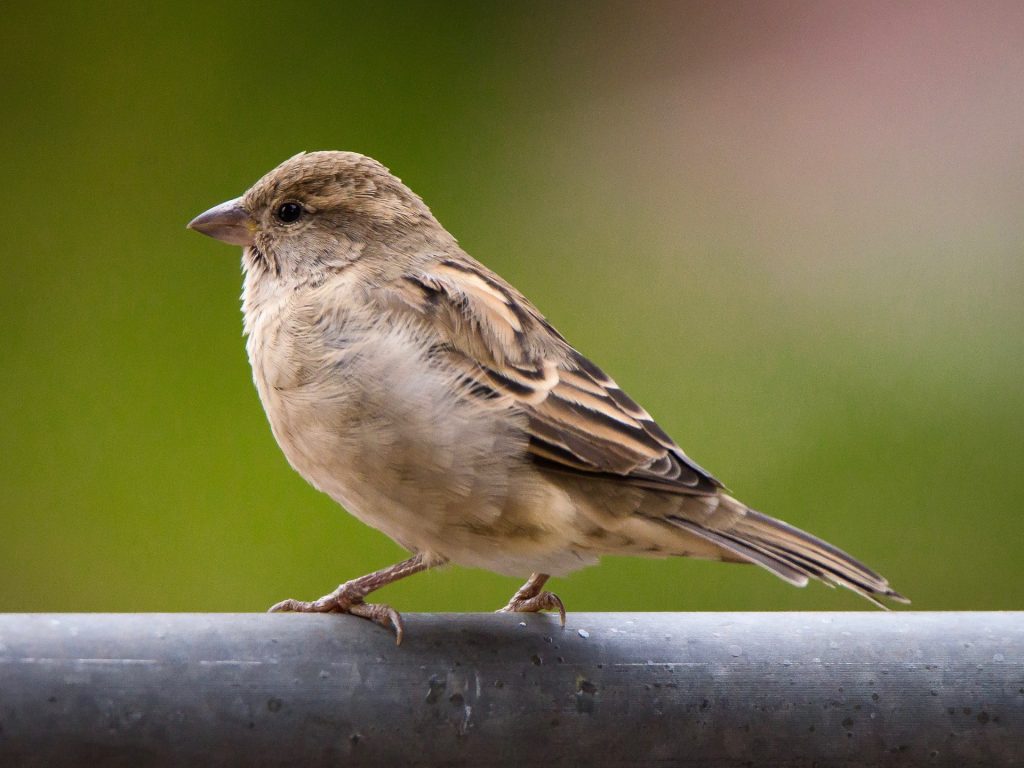An Australian research team has discovered that birds not only consume their own and other species’ feces, but it is crucial for their survival.
Others are reading now
The practice of some species eating their own or other species’ feces is widespread in the animal kingdom, where rabbits and guinea pigs, for instance, eat their own droppings.
This behavior is so common that it has been given its own term: Coprophagy. Along with rodents, dogs, and flies, birds can now be added to the list of animals that nourish themselves on feces.
The Australian research team found that bird droppings are an important source of nutrients for the birds themselves. The droppings are not just an important supplement – they are essential for their survival.
A team of biologists from the University of South Australia led the research, which gathered and analyzed previous studies on birds and feces.
Also read
Their findings indicate that birds eat their own and others’ feces to obtain vital nutrients and energy. Moreover, the droppings can help them adapt to new environments and different seasons – especially in younger birds that are still developing.
Droppings Strengthen Digestion
More specifically, the research shows that eating feces shapes the birds’ digestive tracts (gut microbiota), allowing them to absorb nutrients missing in their environments and easily adapt. The intake of feces changes the bacteria and microbes in the birds’ digestive systems, enabling them to easily adjust to new environments.
The research also suggests that eating feces might act as a form of self-medication to fight infections in birds – a topic that future research will examine more closely.
For migratory birds, in particular, droppings are an essential source of nutrition as they alternate between fasting periods and periods of easy access to food while flying long distances.
However, there is a downside to coprophagy among birds, as it can increase the risk of spreading diseases to other birds and even humans – potentially weakening their own and our natural immune systems.
“Depending on their geographic distribution, behavior, and interactions with other animals and environments, birds – especially migratory birds – can effectively spread pathogens worldwide,” explains lead researcher Barbara Drigo in a press release. “Eating bird feces can also increase their exposure to antimicrobial substances, especially pesticides and cleaning products, leading to antimicrobial resistance.”
In conclusion, the researchers call for avoiding feeding birds with bread, as it reduces the diversity of their gut microbiota. In other words – natural sources of nutrition strengthen birds.
The researchers’ findings have been published in the journal Biological Reviews.


